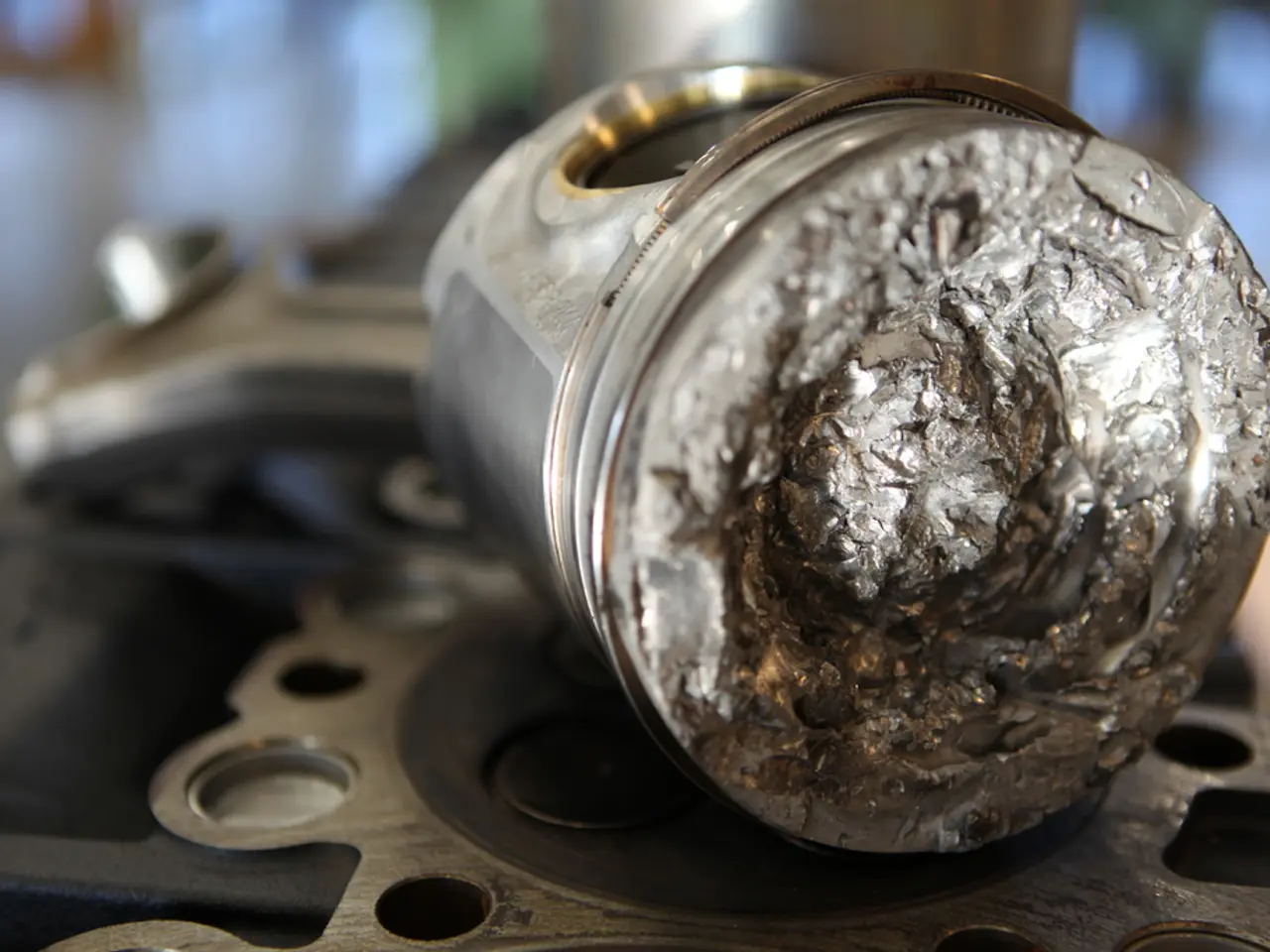Enhancing Security: Practical Strategies for Metal Detection in Industrial Settings
The local food processing plant has observed a significant decrease in contaminants in their products following an upgrade of their equipment. This success story is a testament to the importance of effective training for metal detector operation.
A culture of safety is essential for successful use of metal detection technology. Leadership by example, with management prioritizing safety, sets a powerful precedent for the entire team. Regular refresher courses help keep teams informed as technology and best practices evolve.
Training employees is crucial for effective use of metal detectors. Comprehensive, role-specific training combined with clear standard operating procedures (SOPs) and ongoing skill maintenance is key. Specialised training should be provided to personnel specifically trained and dedicated to operating metal detectors and conducting screenings.
Clear procedures and risk assessment are also vital. Conducting a thorough Threat Risk Assessment (TRA) to identify prohibited items and tailor procedures accordingly is essential. SOPs must clearly outline how to respond to detections, ensuring consistent and confident handling of incidents.
Hands-on and scenario-based training help employees quickly identify potential threats and adapt to real-world conditions. This improves their attentiveness and decision-making capabilities when operating detection devices. Where applicable, visual monitoring should be integrated with metal detector operation, and surveillance operators should be well trained to correlate visual data with detections, improving overall threat identification and incident response.
Regular maintenance is crucial to prevent attenuation of expertise and complacency. Scheduled maintenance intervals should be observed, even before issues arise. After any changes, the metal detector should be recalibrated to ensure optimal sensitivity.
Choosing the right metal detector tailored to specific industry needs is critical for maximising both efficiency and safety. Identifying the type of material most susceptible to contamination is essential when selecting a metal detector. Considering the operational environment, such as factors like moisture or temperature, can significantly influence the performance of a metal detector.
Collaborating with manufacturers during the selection process can provide invaluable insights and recommendations. Documenting maintenance activities, noting what strategies work best under different conditions, is also important.
Interactive workshops promote engagement and facilitate active learning among employees. Acknowledging when safety measures prevent incidents boosts morale and promotes a culture of diligence. The shared value of safety can lead to a vibrant workplace where innovation flourishes and everyone feels secure in their role.
By focusing on dedicated, practical instruction tied to clear threat assessments and SOPs, supported by continuous skills maintenance and integrated safety measures, we can enhance both safety and productivity across industries.
- Investing in advanced smart devices like AI-powered metal detectors can further minimize contaminants in the manufacturing industry, promoting a safer and healthier end product.
- Regularly updating systems and equipment through automation ensures that metal detectors remain effective in keeping up with the rapid advancements in technology.
- To foster a culture of innovation, it's essential to provide specialized training to employees operating AI-driven devices, ensuring they're well-equipped to handle new and evolving threats.
- In addition to metal detection technology, smart glasses can be integrated into security systems to provide hands-free visual monitoring, enhancing threat identification and overall safety.
- Incorporating AI-driven solutions and advanced devices in the finance industry can help minimize financial losses due to fraudulent activities, thereby increasing efficiency and security.
- financing the implementation of smart devices and innovative metal detector systems across various industries can lead to significant improvements in production quality, safety, and financial performance.




